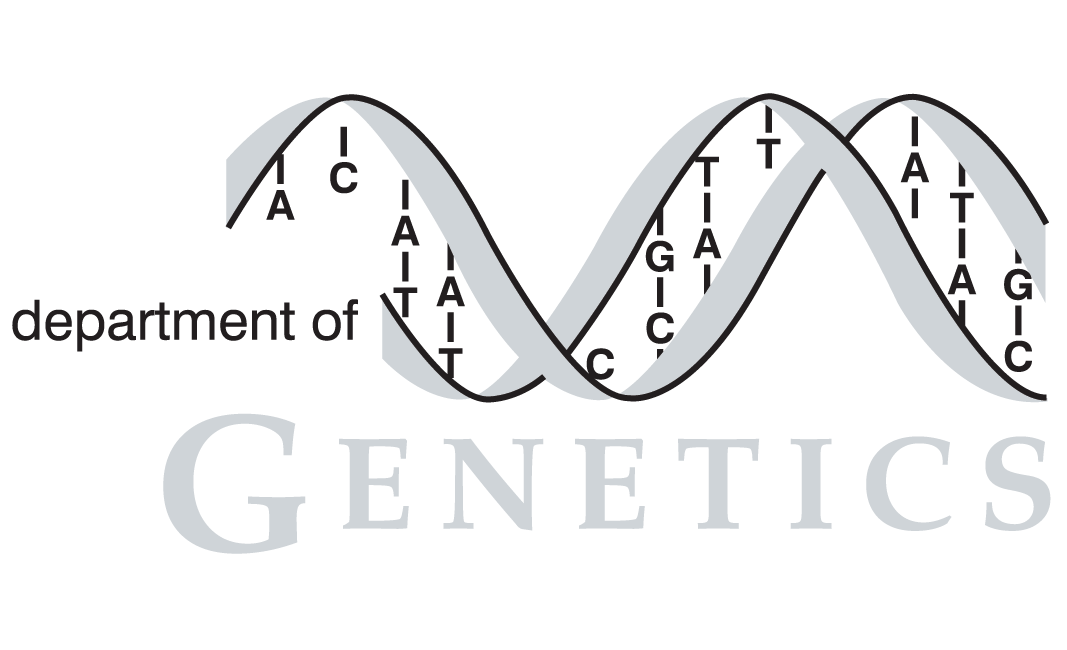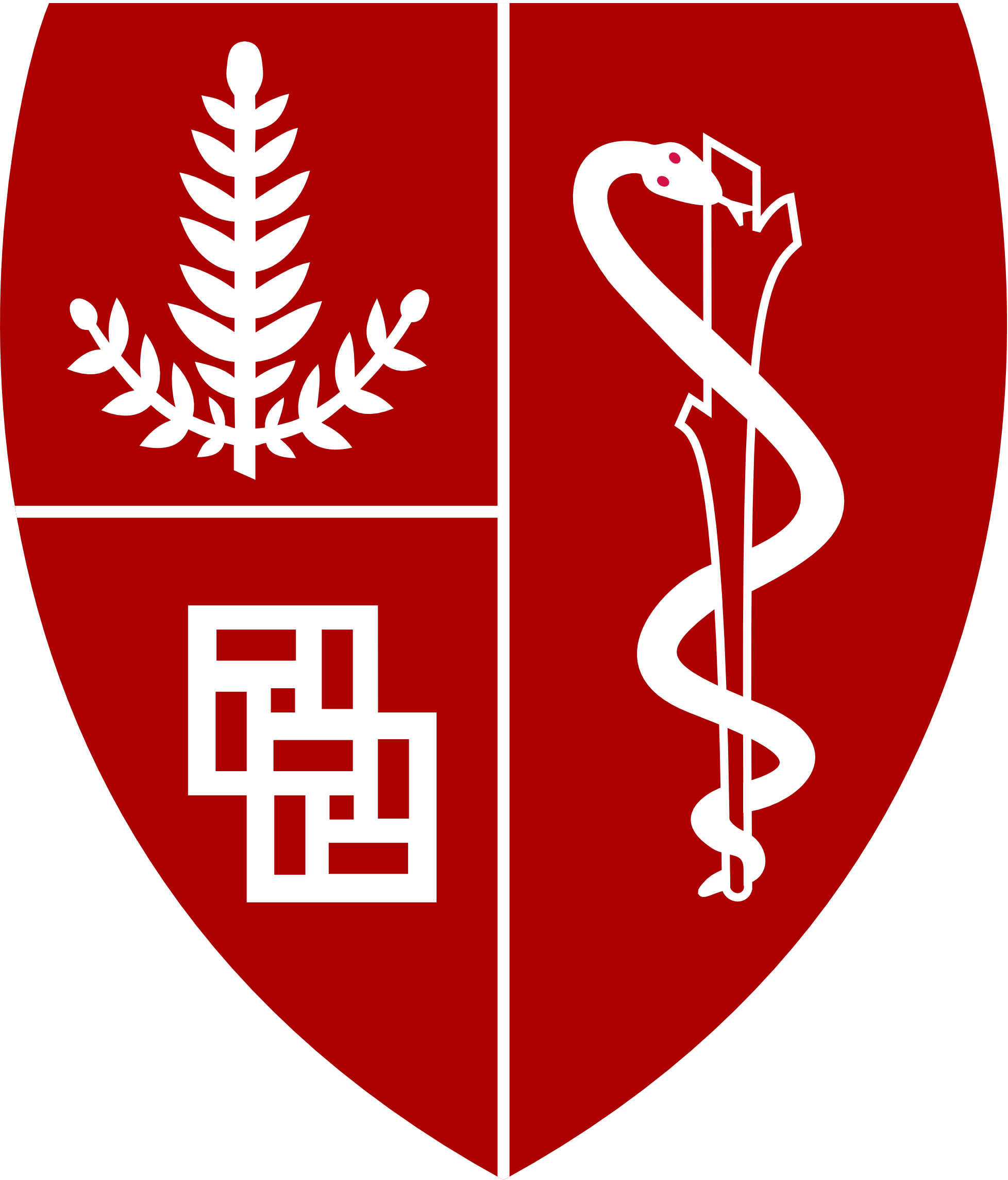| Citation | Dymond JS, Richardson SM, Coombes CE, Babatz T, Muller H, Annaluru N, Blake WJ, Schwerzmann JW, Dai J, Lindstrom DL, Boeke AC, Gottschling DE, Chandrasegaran S, Bader JS, Boeke JD. Synthetic chromosome arms function in yeast and generate phenotypic diversity by design. Nature, 2011. |
| PubMed ID | 21918511 |
| Short Description | Synthetic chromosome arms function in yeast and generate phenotypic diversity by design. |
| # of Conditions | 15 |
Full Description

|
Recent advances in DNA synthesis technology have enabled the construction of novel genetic pathways and genomic elements, furthering our understanding of system-level phenomena. The ability to synthesize large segments of DNA allows the engineering of pathways and genomes according to arbitrary sets of design principles. Here we describe a synthetic yeast genome project, Sc2.0, and the first partially synthetic eukaryotic chromosomes, Saccharomyces cerevisiae chromosome synIXR, and semi-synVIL. We defined three design principles for a synthetic genome as follows: first, it should result in a (near) wild-type phenotype and fitness; second, it should lack destabilizing elements such as tRNA genes or transposons; and third, it should have genetic flexibility to facilitate future studies. The synthetic genome features several systemic modifications complying with the design principles, including an inducible evolution system, SCRaMbLE (synthetic chromosome rearrangement and modification by loxP-mediated evolution). We show the utility of SCRaMbLE as a novel method of combinatorial mutagenesis, capable of generating complex genotypes and a broad variety of phenotypes. When complete, the fully synthetic genome will allow massive restructuring of the yeast genome, and may open the door to a new type of combinatorial genetics based entirely on variations in gene content and copy number. |
Tags
 |
Contact: sgd-helpdesk@lists.stanford.edu


